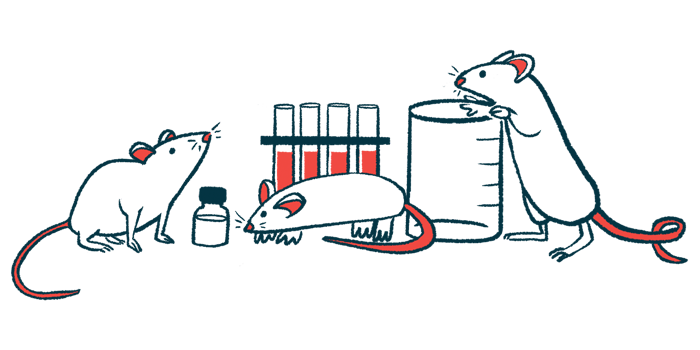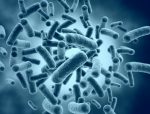Adding CLA Supplement to Diet Leads to Weight Loss in Mouse Study

Dietary supplementation with conjugated linoleic acid led to weight loss in a mouse model of Prader-Willi syndrome (PWS), according to a recently published study.
Results were detailed in the journal Nutrients, in the article “Dietary Conjugated Linoleic Acid Reduces Body Weight and Fat in Snord116m+/p− and Snord116m−/p− Mouse Models of Prader–Willi Syndrome.”
Most cases of PWS are caused by a deletion of genetic material on a particular part of chromosome 15. PWS-causing mutations result in the deletion of a piece of DNA called the SNORD116 cluster. Evidence has shown that this cluster regulates the activity of another gene called NHLH2.
Mice lacking NHLH2, called N2KO mice, were developed in the late 1990s, and show some of the same signs and symptoms that are indicative of Prader-Willi. Recent research has found that adding conjugated linoleic acid supplements to the diet of N2KO mice induced weight loss.
Conjugated linoleic acid, or CLA, is a type of fat molecule commonly found in certain foods like beef and dairy. It’s “generally regarded as safe” by the U.S. Food and Drug Administration, and supplements are available over the counter in the U.S.
In the study, a team of U.S. researchers set out to test whether CLA supplements might induce weight loss in a PWS mouse model, similar to what was seen in the N2KO mice.
The researchers used mice with deletions of the SNORD116 cluster in the paternal copy. These mice do not develop overt weight loss, but the genetic mutation they carry “is most similar genetically to the minimal deletion in humans that results in PWS,” the team wrote.
All of the mice were fed a high-fat diet, and results showed that mice given CLA in their diets lost weight. CLA induced weight loss in PWS as well as control mice.
Further analyses showed minimal differences in metabolic activity, exercise performance, or food intake between mice given CLA and those that weren’t. The dietary supplement also was not detrimental to muscle function.
“These data suggest that CLA treatment is having some non-food intake, non-exercise effect on body weight,” the researchers wrote, noting a need for further investigation into the potential mechanisms.
Evidence of steatosis, a condition characterized by abnormal amounts of fat in the liver, was found with CLA supplementation in all the wild-type (control) mice and about half of the PWS mice. The researchers also called for further study into the reasons for these differences.








